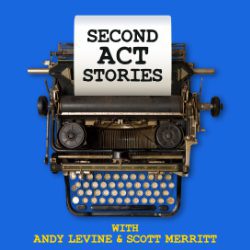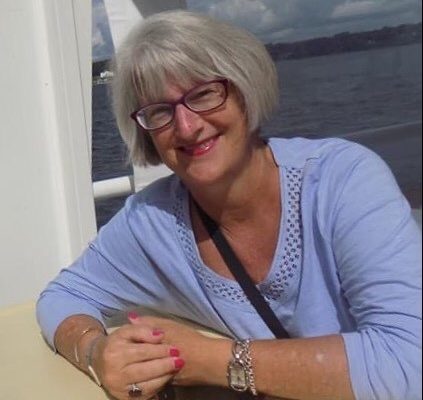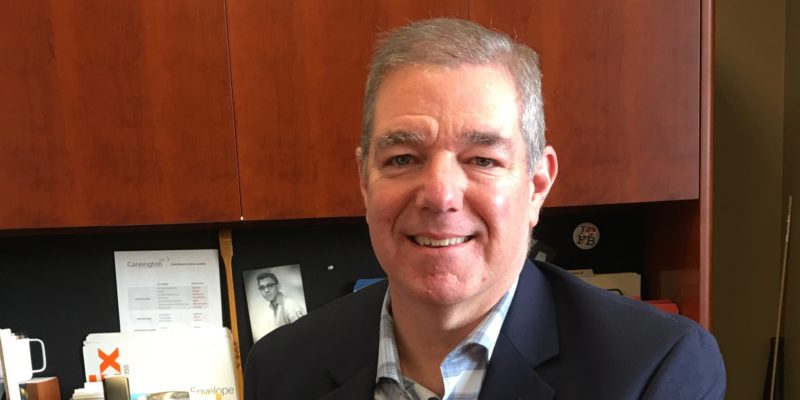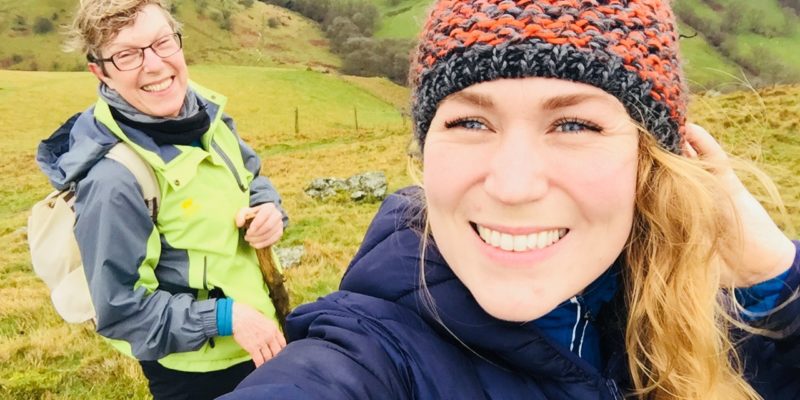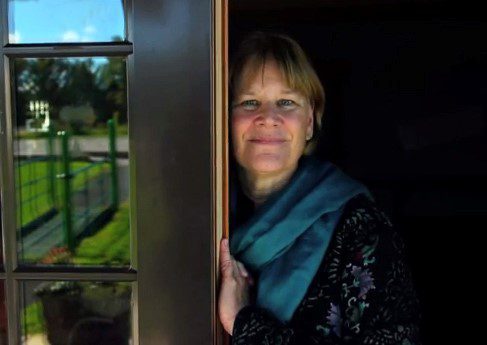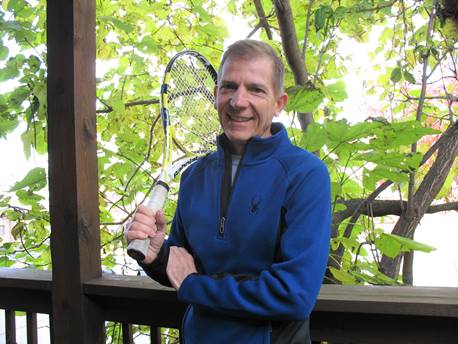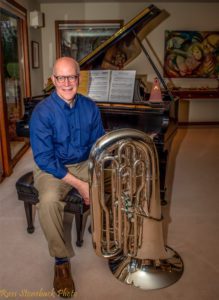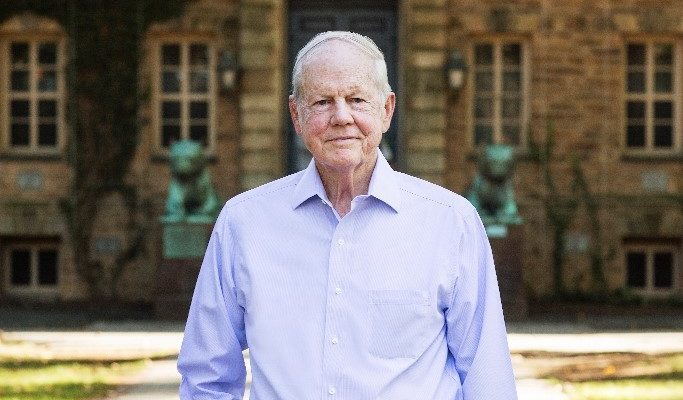We’re going to mix things up a bit with today’s episode. Instead of focusing on an individual’s story, we’re going to ask the question, “Can a city have a second act?” And that brought me to Irving, Texas – a city of about 240,000 people.
Irving has a lot going for it. It is in the center of the Dallas-Fort Worth Metroplex. It is contiguous to Dallas-Fort Worth Airport, the 4th busiest airport in the United States. And it has Las Colinas, an innovative business park that is home to seven Fortune 500 company headquarters including Exxon-Mobil, McKesson, and Kimberly-Clark.
And for nearly 40 years, the city was also the home of the world-famous Dallas Cowboys football team, one of the most successful sports operations in history.
But in 2004, the city faced a traumatic event. The Dallas Cowboys announced they would be leaving Irving, opting to build a new $1.15 billion stadium in Arlington – about 25 minutes away. In 2008, the Cowboys played their last game in Irving’s Texas Stadium. And on April 11, 2010, the stadium was reduced to a pile of rubble in a controlled implosion that took less than a minute.
I traveled to Irving to explore how the city responded to the Cowboys departure and adapted to keep the community moving forward.
